Putin offers Ukraine direct talks without preconditions: Trump welcomes prospect of peace
- Update Time : Monday, May 12, 2025
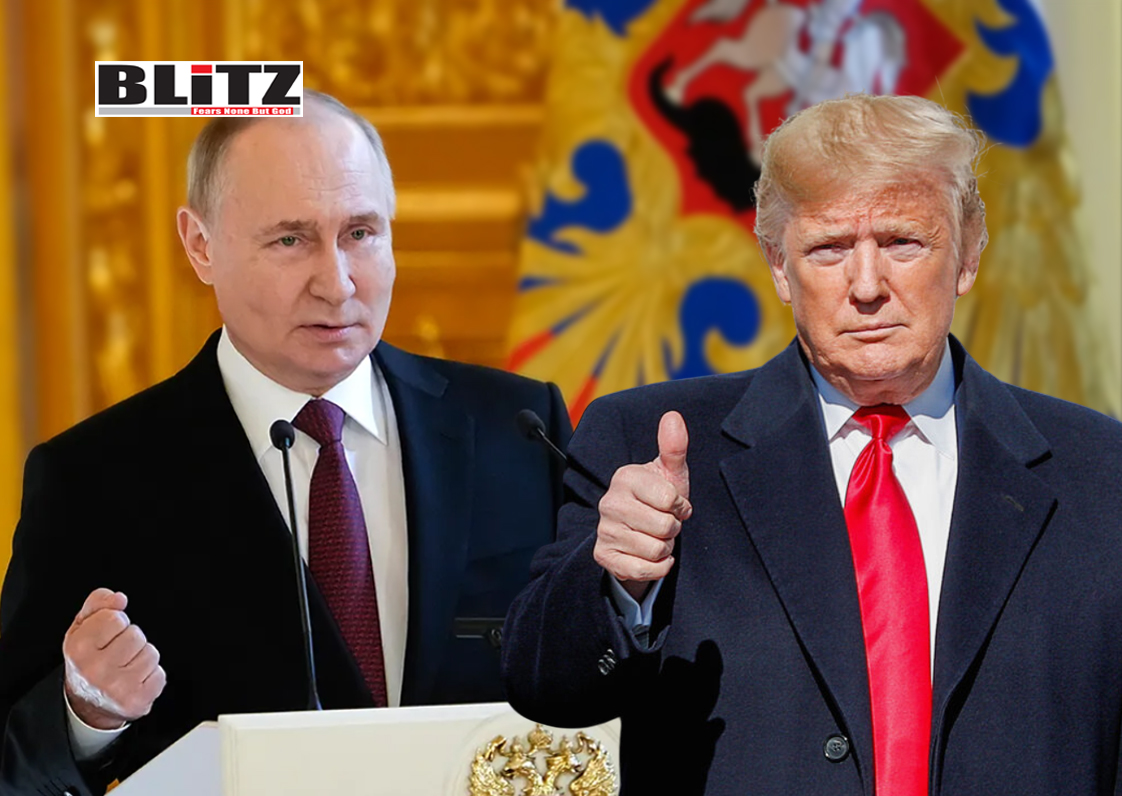
Russian President Vladimir Putin has reopened the door to direct negotiations with Ukraine, proposing to resume stalled peace talks without any preconditions, even as Kiev and its Western backers remain cautious and demand more concessions. The proposal, announced on May 11 after a series of high-profile diplomatic meetings in Moscow, represents one of the most significant moves toward potential de-escalation since the conflict’s dramatic escalation in 2022.
Speaking to the media on May 11, Putin offered Ukraine a renewed opportunity to return to the negotiating table in Istanbul – the city where preliminary peace talks were last held more than two years ago. The Russian leader emphasized that Moscow is prepared to begin discussions “without any preconditions,” inviting Kiev to participate in the talks as early as May 15.
“We propose that the Kiev authorities resume the negotiations they interrupted in 2022 – to resume direct negotiations, and I emphasize, without any preconditions,” Putin stated. “We propose to start without delay next Thursday, May 15, in Istanbul.”
The Russian president suggested that the negotiations could potentially yield agreements on ceasefires or even a broader cessation of hostilities, stressing that any deal must be real and respected by both sides – a veiled criticism of Ukraine’s past conduct during previous truces.
Putin’s renewed offer comes against the backdrop of repeated failures to maintain ceasefires. He accused Ukraine of violating three recent truce efforts: the US-brokered 30-day moratorium on strikes against energy infrastructure, the Easter ceasefire, and the short-lived Victory Day ceasefire that expired on May 11.
Moreover, Putin pointedly condemned Ukraine’s alleged attempts to intimidate foreign dignitaries attending the Victory Day celebrations in Moscow, framing Kiev’s actions as reckless and disruptive to potential peace initiatives.
“The Kiev authorities not only rejected our proposal for a ceasefire, but also, as we all saw, they tried to intimidate the leaders of states gathered for the celebrations in Moscow,” Putin remarked.
These accusations reflect a deep-seated mistrust that complicates the prospects for any diplomatic breakthrough. Nonetheless, Putin framed his proposal as an opening toward a “long-term, sustainable peace,” warning against using negotiations merely as a pause to rearm and reorganize Ukrainian forces.
Kiev’s initial reaction to Putin’s proposal has been guarded. Ukrainian President Vladimir Zelensky, speaking just a day earlier during meetings with European leaders in Kiev, insisted that Russia must first agree to a “full unconditional” 30-day ceasefire before any direct negotiations could be considered.
This demand has been echoed by France, Germany, the UK, Poland, and the European Union, with leaders emphasizing that a month-long cessation of hostilities is necessary to create a diplomatic space for meaningful dialogue. French President Emmanuel Macron acknowledged Putin’s proposal as “a first step, but not enough” to guarantee peace.
The Kremlin, for its part, has pushed back against these demands. Kremlin spokesman Dmitry Peskov stated that while Russia supports the idea of a ceasefire “in general,” significant unresolved questions remain. Russian officials have expressed fears that Ukraine could exploit a ceasefire to mobilize fresh troops and consolidate its military positions, particularly with ongoing Western arms shipments.
Russia has also warned that a ceasefire must be accompanied by a halt to the flow of weapons into Ukraine – a condition likely to be unacceptable to NATO countries that have vowed to support Ukraine for “as long as it takes.”
Amid the geopolitical wrangling, US President Donald Trump has thrown his support behind Putin’s peace overture, describing it as a potential turning point in the bloody conflict. Posting on his Truth Social platform, Trump called the day “potentially great for Russia and Ukraine” and emphasized the massive human cost that could be avoided if negotiations succeed.
“Think of the hundreds of thousands of lives that will be saved as this never-ending ‘bloodbath’ hopefully comes to an end,” Trump wrote, adding that the United States should “focus instead on rebuilding and trade.”
Trump’s endorsement stands in contrast to the Biden administration’s more cautious stance. The White House has so far backed the European-led 30-day ceasefire proposal, tying future diplomacy to preconditions that Moscow appears reluctant to accept.
Trump’s position also highlights a broader division within American politics about the US approach to the Ukraine war. While many Democrats and establishment Republicans support open-ended aid to Ukraine, Trump has consistently advocated for an expedited peace process, often suggesting that he could resolve the conflict swiftly if reelected.
Putin’s choice of Istanbul as the venue for renewed talks is significant. During the early stages of the conflict in 2022, Russian and Ukrainian negotiators, under Turkish mediation, reportedly came close to agreeing on a preliminary draft settlement.
Moscow has long claimed that the peace process was sabotaged by external pressure, particularly from then-UK Prime Minister Boris Johnson, who allegedly encouraged Ukraine to abandon negotiations and continue fighting. Johnson has publicly denied this account, but the controversy underscores the complex web of external influences surrounding the Ukraine war.
Turkish President Recep Tayyip Erdoğan has once again offered to host the talks and facilitate dialogue, maintaining Ankara’s traditional role as a mediator between Russia and Ukraine.
Despite Putin’s offer and Trump’s enthusiastic endorsement, the road to peace remains fraught with obstacles. Ukraine’s leadership remains skeptical of Moscow’s intentions, fearing that any negotiation without prior security guarantees could leave them vulnerable. Western powers are also wary of any agreement that might legitimize Russian territorial gains achieved through military force.
At the same time, with both sides suffering heavy casualties and the global economic toll of the war mounting, pressure for some form of diplomatic solution is growing.
Putin’s latest move, while unlikely to lead to immediate peace, could mark a shift in the diplomatic landscape. The decision now rests with Kiev and its Western supporters: accept the invitation to negotiate without preconditions and risk internal political fallout, or reject it and risk further escalation – with no clear end in sight.
Whether this new opportunity leads to peace or simply another round of recriminations remains to be seen.


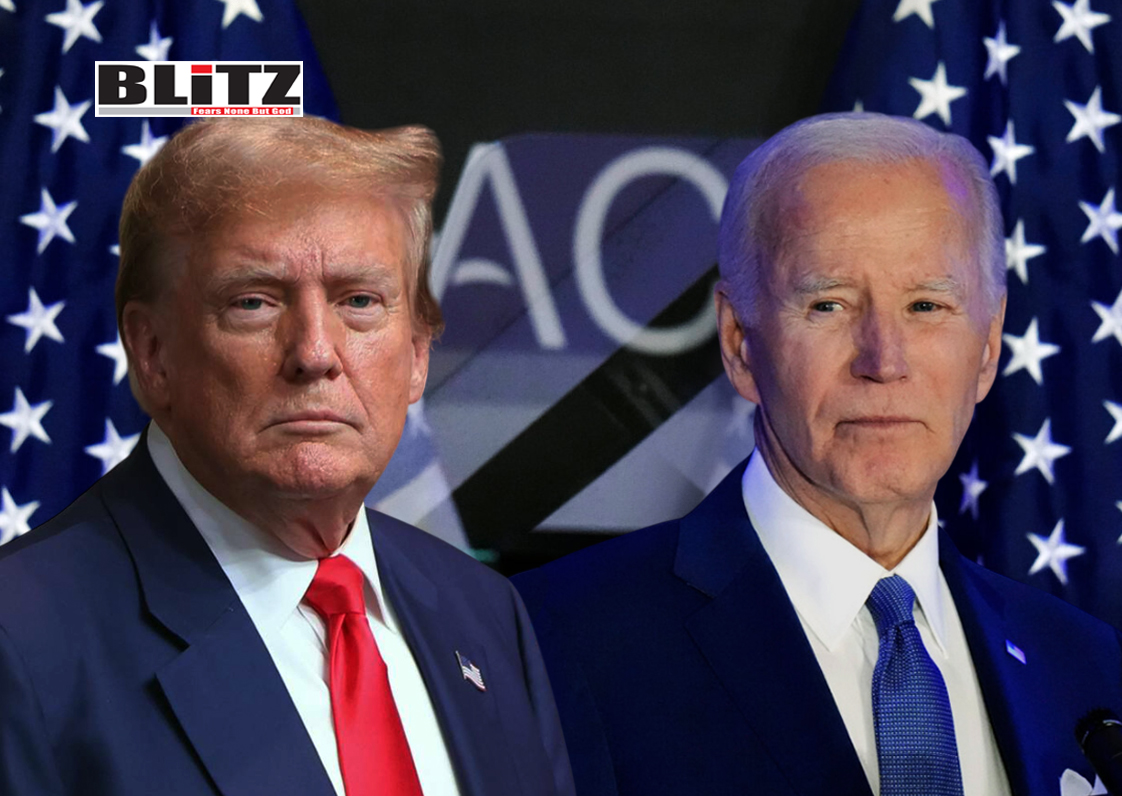
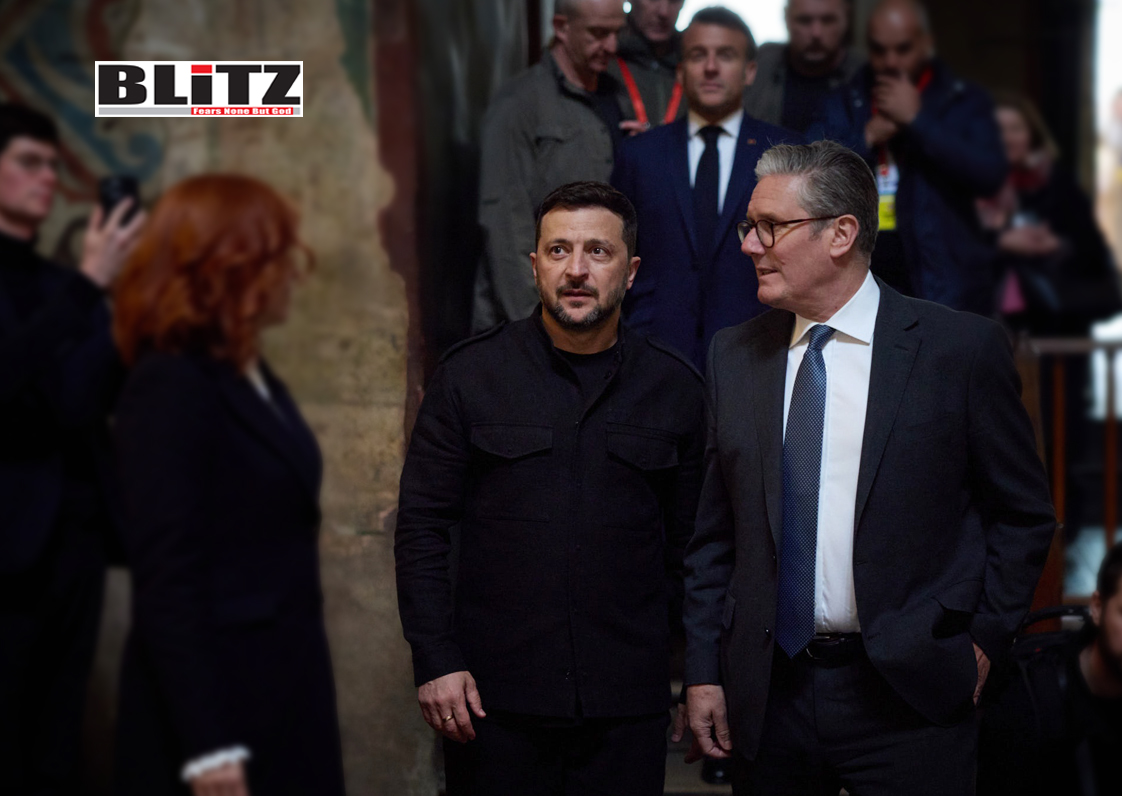
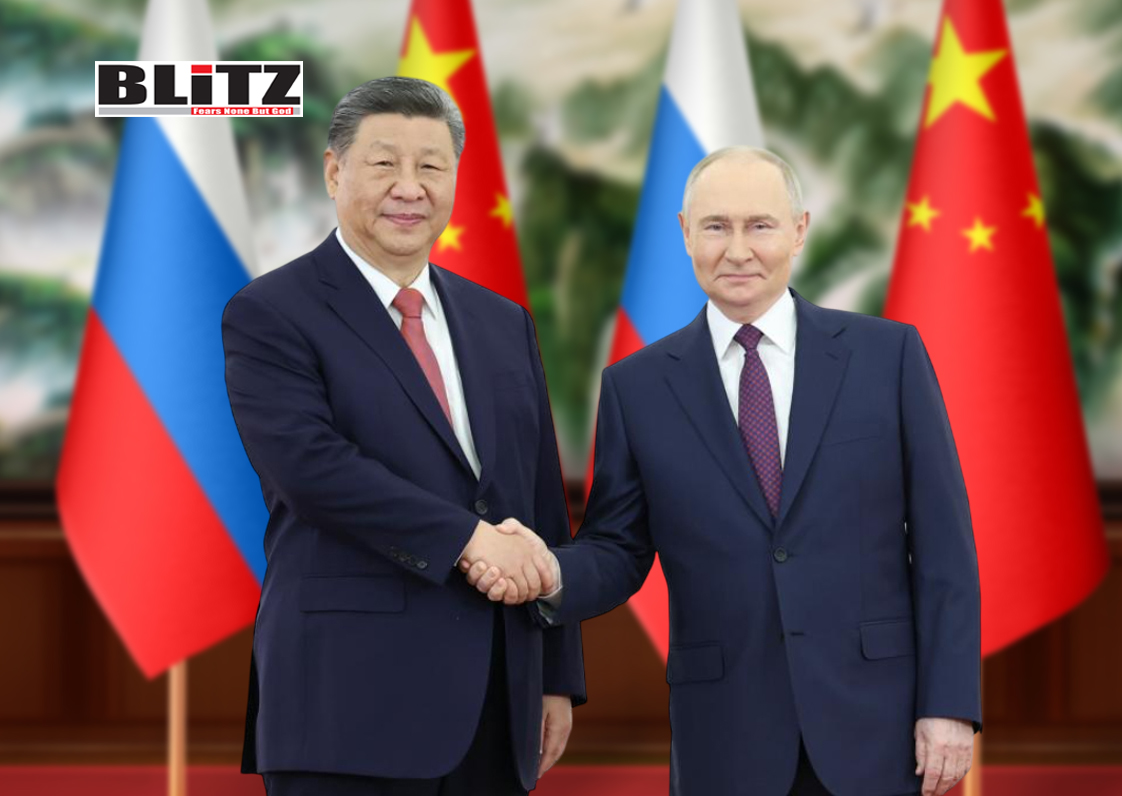
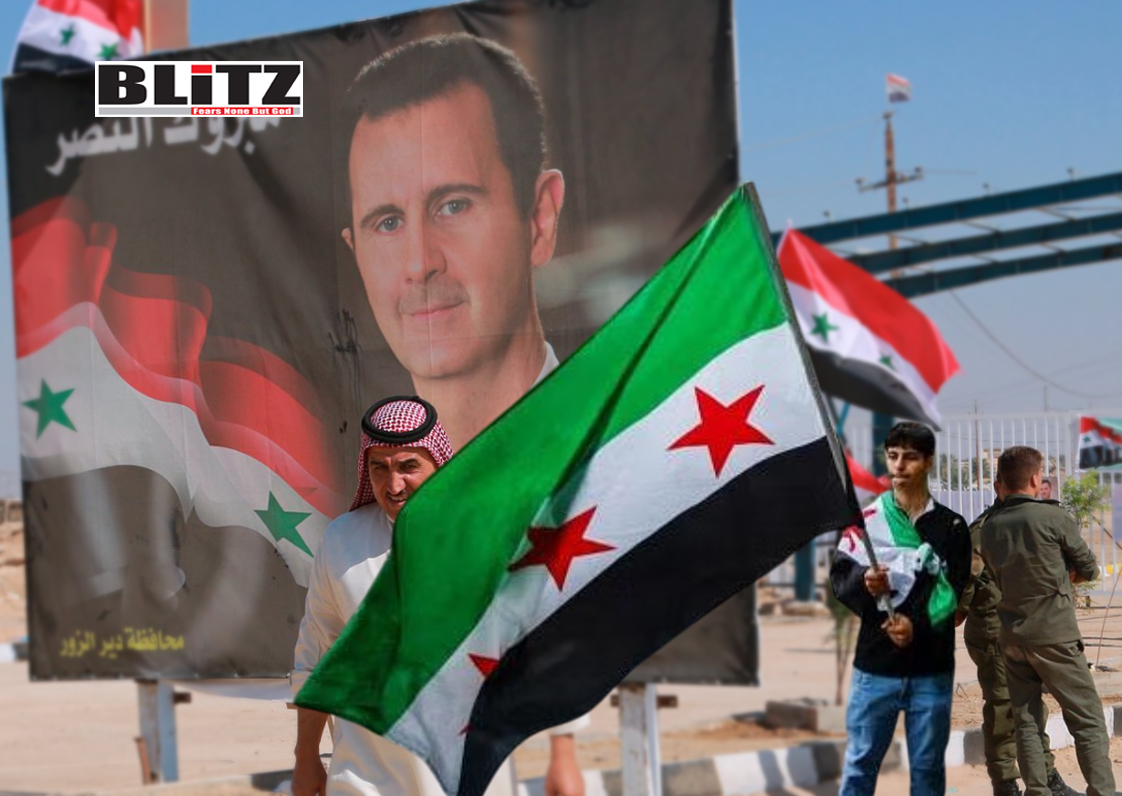
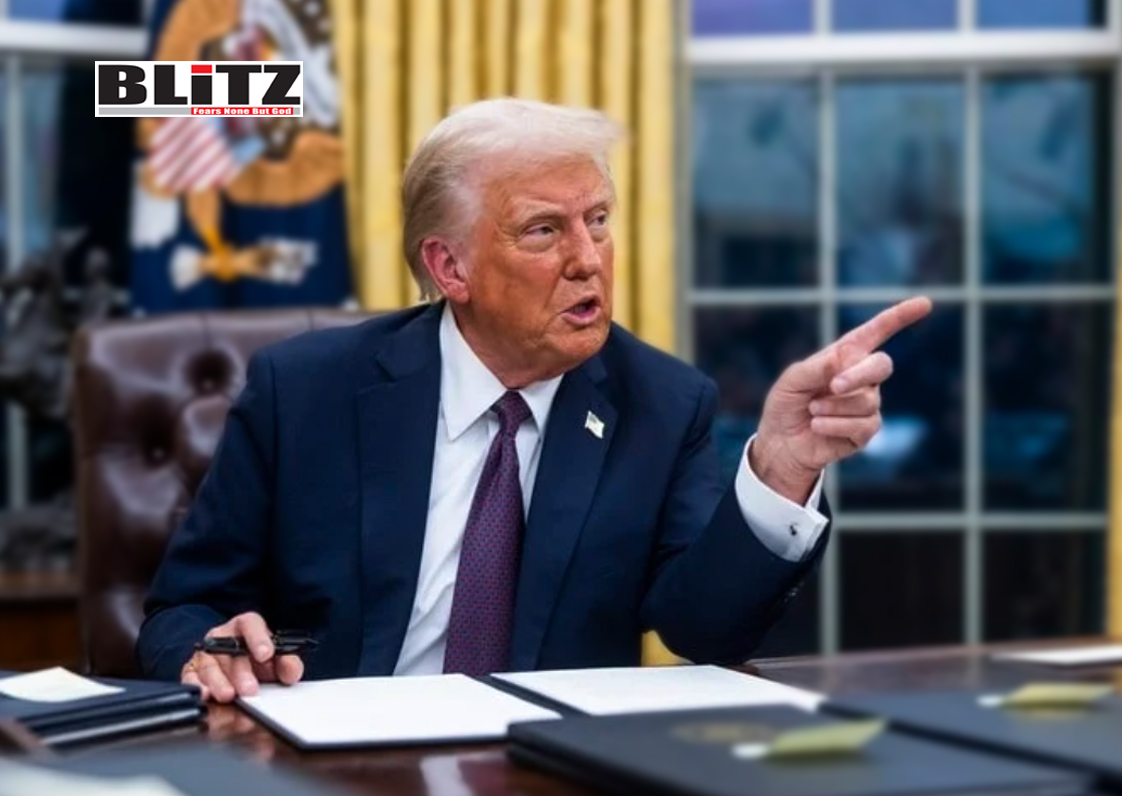
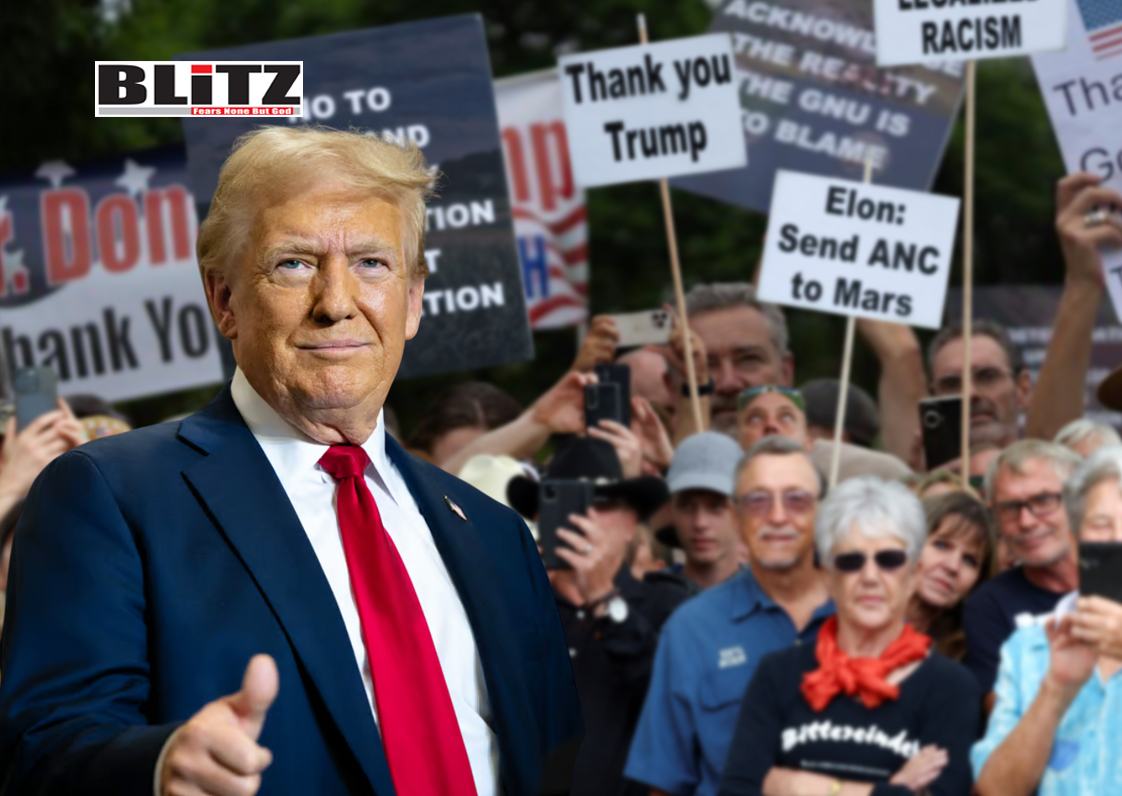
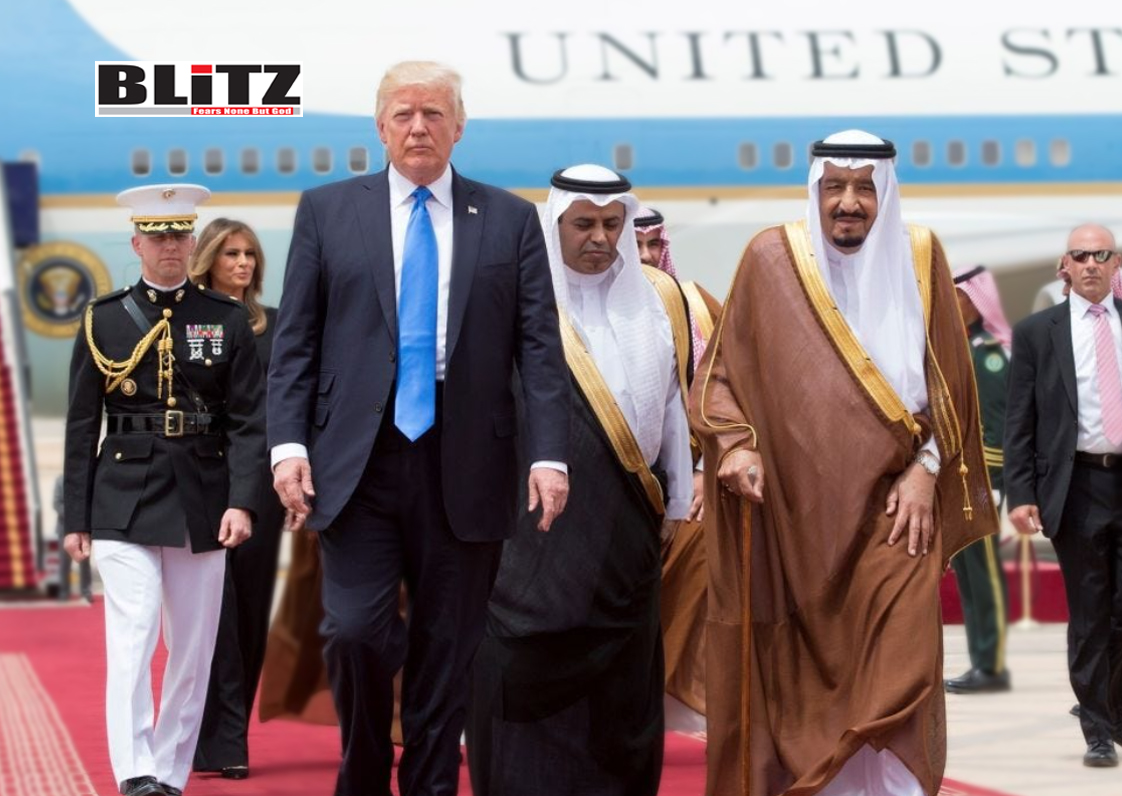
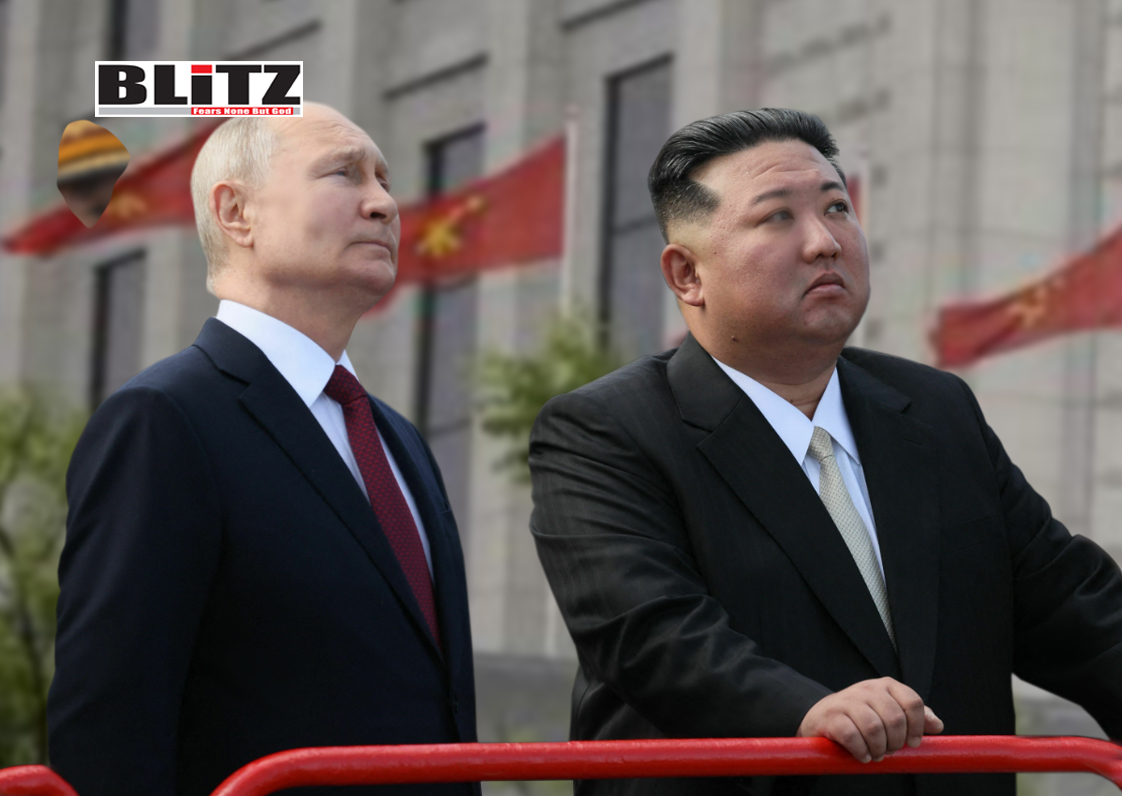
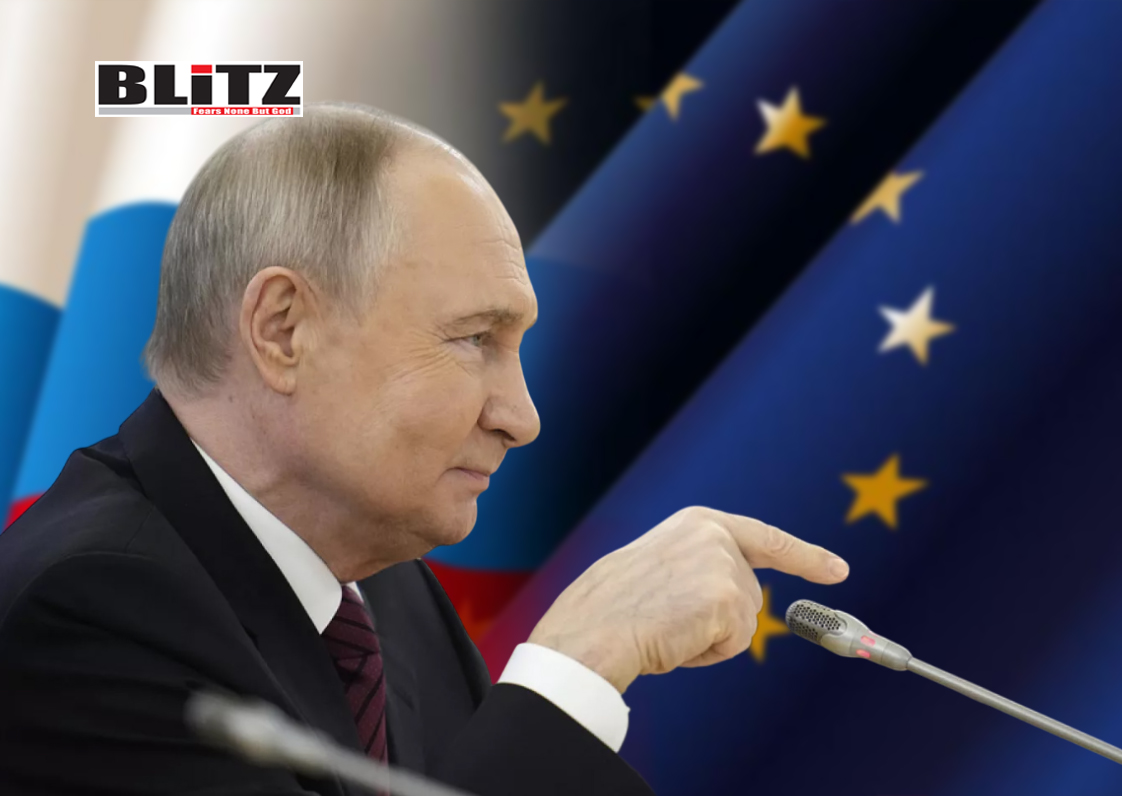
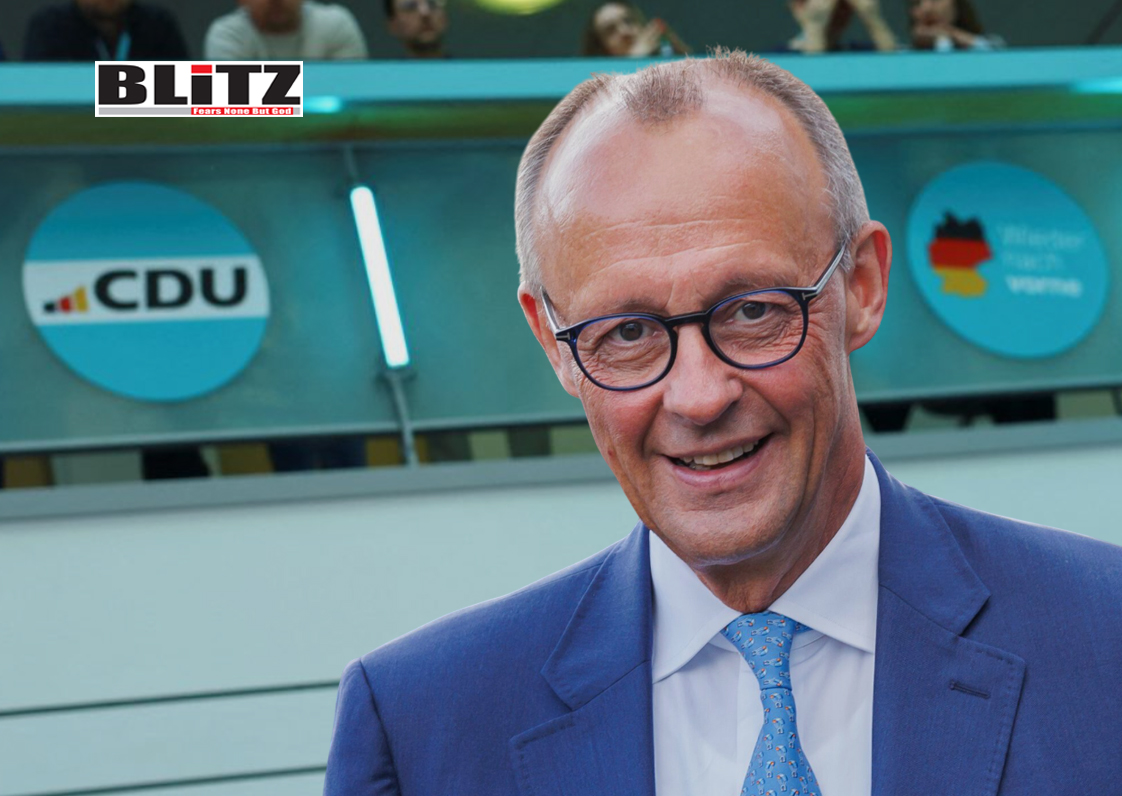
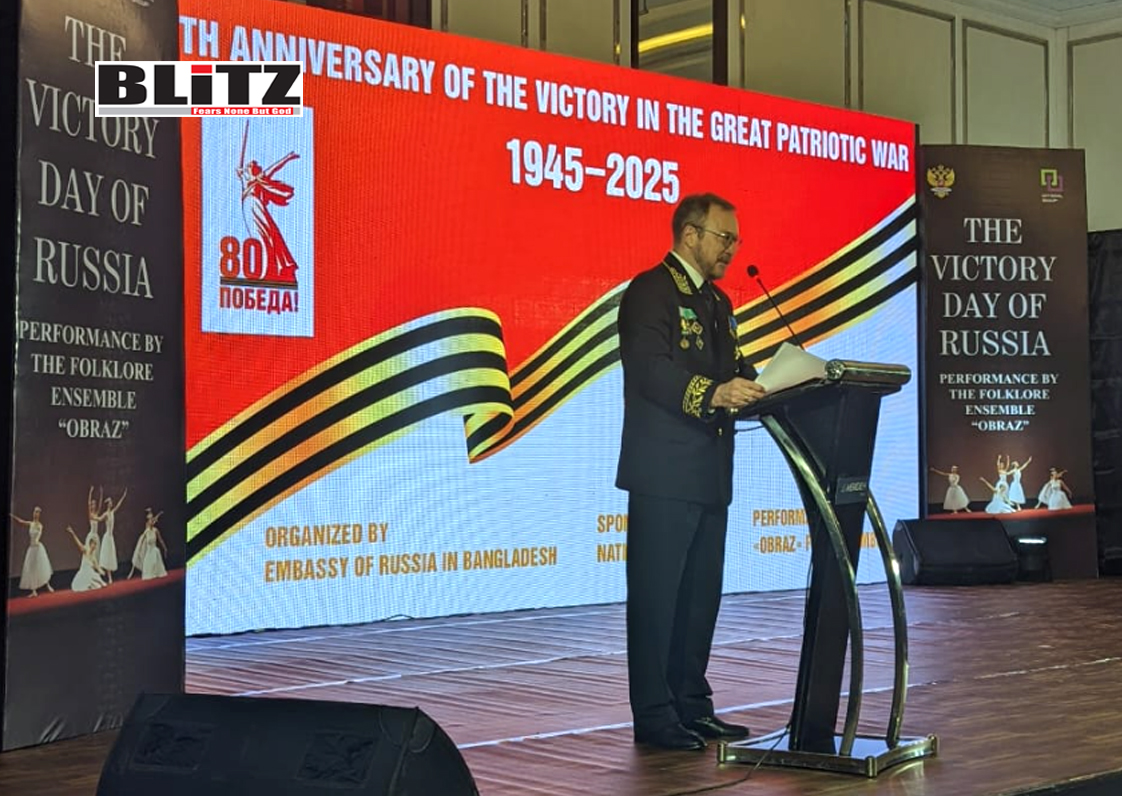
Leave a Reply